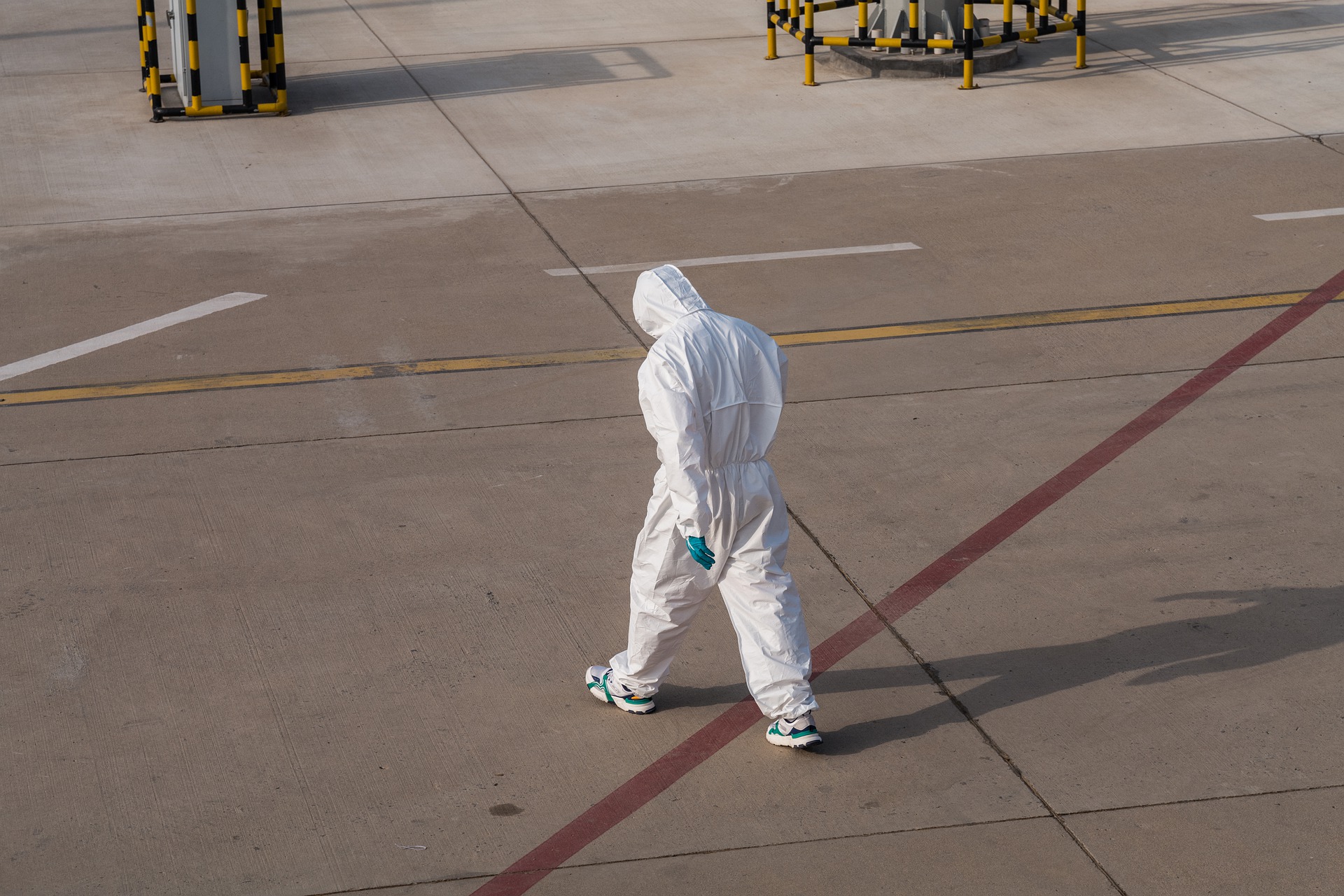The SARS-CoV-2 Lambda variant, first discovered in Peru and now in more than 30 countries, was announced by the World Health Organization (WHO) on June 14 as an “interesting option.”
Scientists and experts see the latest version of the virus that causes COVID-19 as a new threat to the achievement in the last year or so.
C.37 – What is the Lambda variant?
Viruses constantly mutate, producing different versions or variants. This variant, formerly known as C.37, was first discovered in December 2020 in Peru. According to the WHO, in May and June in Peru, where the world’s highest coronavirus mortality rate, Lambda accounted for 82 percent of new cases of COVID-19.
Lambda has a unique picture of seven mutations in the adhesion protein that the virus uses to infect human cells. Of particular interest to researchers was a mutation called L452Q, which is similar to the L452R mutation, which is thought to contribute to the high infectivity of the Delta variant.
What are the risks associated with the Lambda option?
The Lambda variant is generally associated with higher transmissibility and antibody resistance, but health experts say more data is needed to establish this fact reliably.
The Lambda variant adhesion protein has a unique pattern of 7 mutations (Δ246-252, G75V, T76I, L452Q, F490S, D614G, T859N), of which L452Q is similar to the L452R mutation reported in the Delta and Epsilon variants. The L452R mutation has been shown to give antibodies immune flight and increase viral infectivity. Current data suggest that the L452Q mutation present in the Lambda variant may have properties similar to those described for Delta infectivity.
The British Public Health Service in the UK noted that “there is currently no evidence that this option causes a more severe disease or that the vaccines currently used are less effective”.

What are the symptoms of the Lambda variant?
Understanding of the Lambda variant is still quite low, but based on the official WHO release, patients with COVID-19 usually have one of the following main symptoms:
- fever.
- dry cough.
- fatigue.
Less common symptoms:
- pain.
- sore throat.
- diarrhea.
- conjunctivitis.
- headache.
- loss of taste or smell.
- skin rash or discoloration of the fingers or toes.
Where in the world was the Lambda variant noticed?
Although the infectivity and rate of infection of the Lambda variant have not yet been established, it has been detected in approximately 30 countries. Although it is clearly the dominant strain in Peru, accounting for more than 80% of cases, in Chile it accounts for more than 31% of samples from May and June.
The British Public Health Service in the United Kingdom recently reported that several cases of Lambda had been identified in the country and that they had “potentially increased transmission or possible increased resistance to neutralizing antibodies.” Once in Europe, where the fight against the Delta option is already underway, it is still unclear how the main cause of concern for the Lambda option may be the lack of research.
The Pan American Health Organization (PAHO) Regional Adviser on New Viral Diseases, Jairo Mendes, said on June 30 that it had been found in eight Latin American and Caribbean countries, “but sporadically in most countries.” Mendes went on to say that there was no clear evidence that it was a more transmissible virus.
Are Lambda Vaccines Effective?
At the moment, scientists do not have an unambiguous answer to this.
Researchers at the University of Chile in Santiago studied the effects of Lambda on viral infectivity using blood samples from local health workers who received two doses of CoronaVac from China. Their results, published in a preprint document, suggest that Lambda is more infectious than Gamma and Alpha, and is better able to avoid antibodies produced by vaccination.
On the other hand, a study by the medical school of Grossman University in New York, which has not yet been reviewed, published on July 3, suggested that mRNA vaccines are actually effective against the Lambda variant. Both Pfizer and Moderna vaccines are based on mRNA technology.
However, both of these studies have not yet been reviewed, and the exact data on the effectiveness of vaccines against the Lambda variant have not yet been established.

